Amazon murky on how many Alexa voice recordings are stored
Amazon executives are being grilled on the company’s murky development of AI and how audio recordings from inside homes are used.
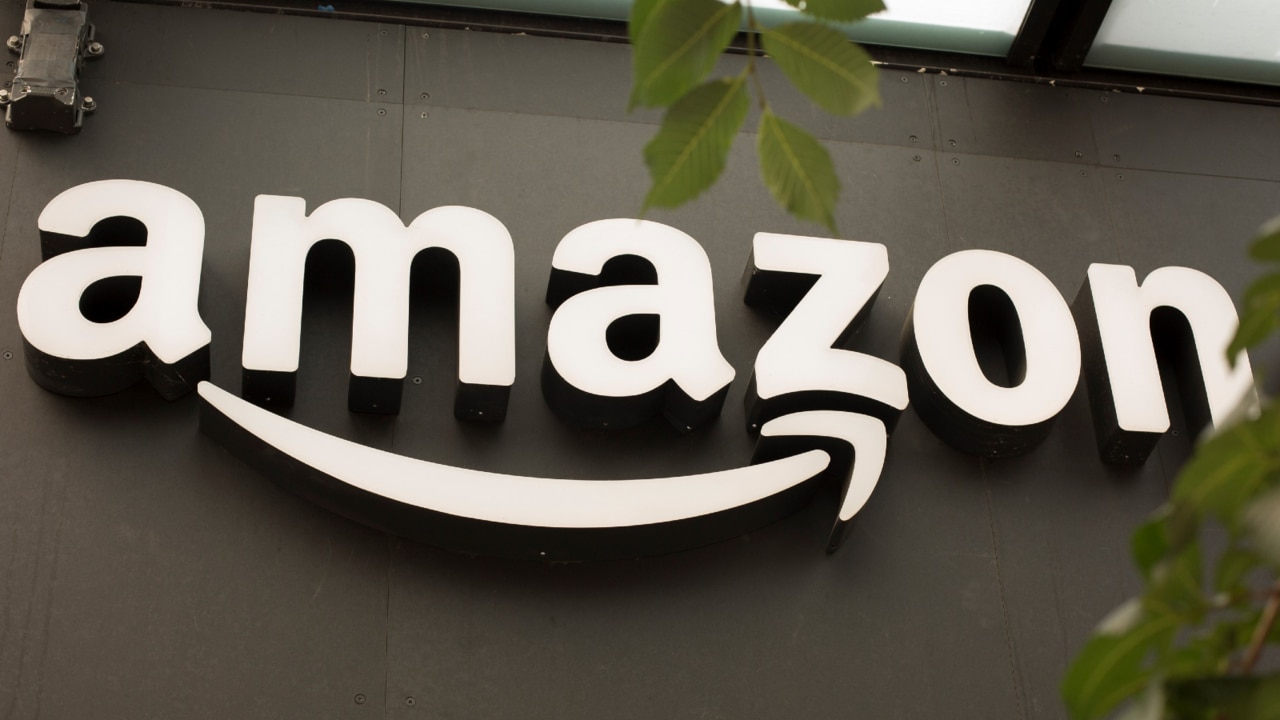
Amazon executives are unable to say how many recordings picked up by Alexa speakers are stored and used to train AI models.
The senate select committee on adopting artificial intelligence continued hearings on Friday, and first to front up were Toronto and Sydney-based Amazon executives.
Senator Varun Ghosh asked if Amazon captured audio recorded by Alexa devices in Australian homes.
Alexa devices did not record “voice data” until it heard the “wake word”, Amazon’s Australian head of policy Matt Levey said.
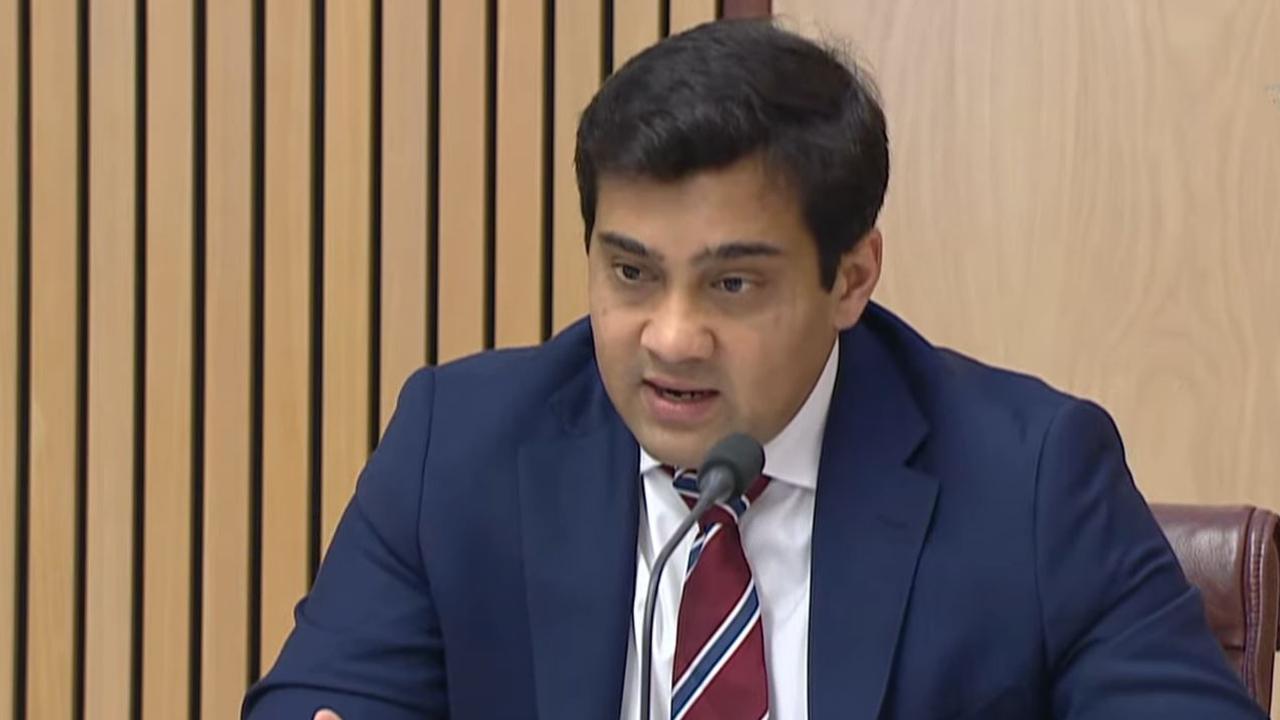
Once Alexa hears the wake word, it listens to the request and uses AI to “put it in the right context” by converting the speech to text by drawing on licenced content, content Amazon has created and publicly available content.
“Amazon does use a limited number of voice recordings at a global level to improve the service. That’s something which all customers have the opportunity, or the ability, to opt out of,” Mr Levey said.
“On your specific question of whether that applies to Australian customers, I don’t have that data senator.”
Senator Ghosh asked Mr Levey to take the question on notice.
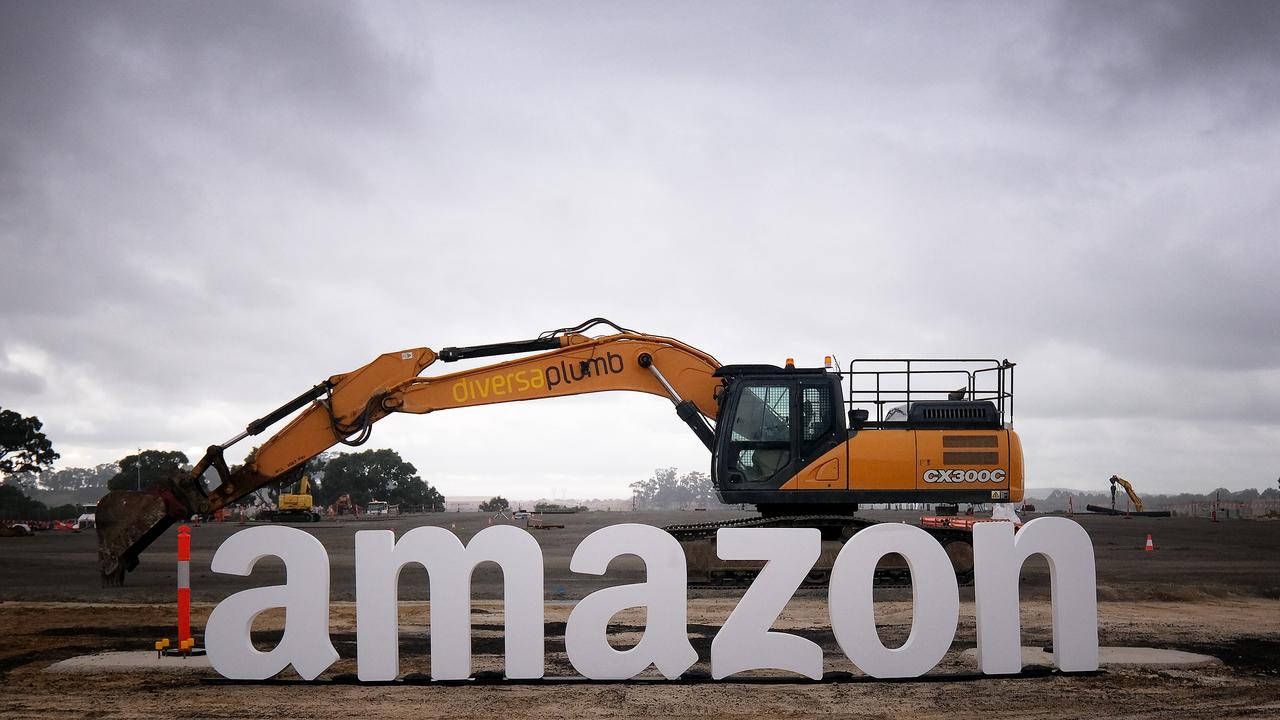
Mr Levey later said he was unable to give a specific figure on exactly how much voice data was recorded and collected.
Amazon has licencing agreements with the ABC and news.com.au; the news is fed to the speaker system to answer user questions.
Senator Ghosh asked if Amazon had contracted that content expressly to be used in AI models or if the agreements were just a general purchase.
Mr Levey said he was not familiar with the details of the contracts.
“Oh, come on Mr Levey, you must be familiar with the concepts of what’s in the terms of the contract,” committee chair and senator Tony Sheldon said.
Mr Levey said he did not want to speculate, but the news content was licensed to be used for Alexa and not for other Amazon services.
The parliamentary committee is scheduled to present its findings to parliament by September 19.
CREATIVE CONTROL
Mr Levey was asked if Amazon has used the work of Australian creatives stored in Audible, Kindle and Prime Video to train AI models.
“I’m not familiar with the answer to that question, senator,” Mr Levey said.
Senator Ghosh queried if Amazon’s AI could imitate or mimic the creative work of Australians.
“We would need to verify, but I believe the answer is no,” Amazon global director of AI Nicole Foster said.
She added generative AI had the capability to mimic, but there “are filters that are applied to prevent that in particular instances. In order to protect copyright”.
In an earlier committee hearing, voice actors expressed concern the contracts Amazon was offering through Audible gave Amazon perpetual rights to create facsimiles and narrations with the recordings without recognition or payment.
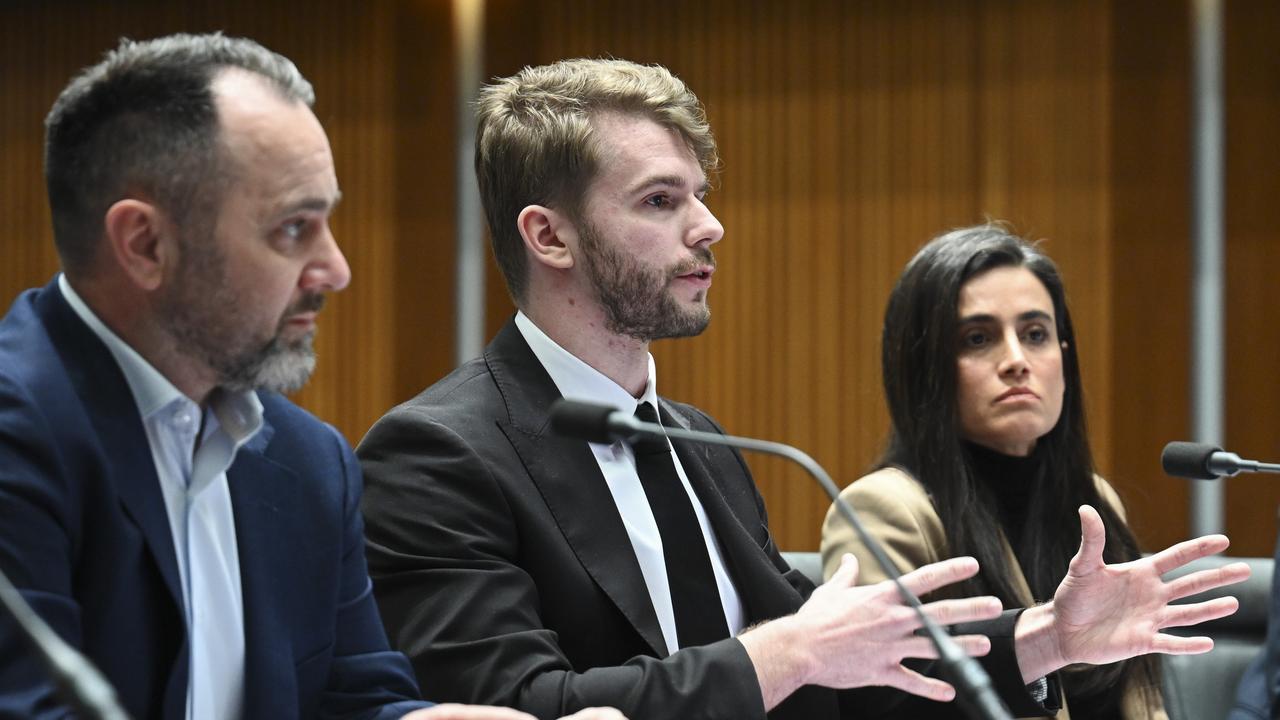
Voice actor and Media, Entertainment and Arts Alliance Equity member Cooper Mortlock told a previous committee hearing a YouTube animated show he was working on was abruptly cancelled along with his contract.
But a year later another episode was published, using audio that “was obviously an AI copy of my voice and the other actors’ voices”.
On Friday, Mr Levey said Amazon-owned entity Audible had a strong commitment to the professional narration community and was navigating “fast-moving” emerging text-to-voice issues “in a thoughtful way”.
“Across Amazon, including at Audible, Audible doesn’t permit the depiction of a person’s voice or likeness without their consent,” Mr Levey said.
Senator David Shoebridge drew comparisons between power imbalances in slavery and child labour, and creatives engaging with multinationals like Amazon.
Mr Shoebridge said there was public interest and moral obligations to not honour a child labour contract a child may have entered willingly.
“In many ways we have the same issues arising of an asymmetry of power and public interest when we have a large global player like Amazon on one side and, say, a voice actor on the other,” Mr Shoebridge said.

“There’s a public interest in ensuring that that relationship and that asymmetry can’t be exploited to take an incredibly important personal attribute of the voice actor and then monetise for a large global player,” he said.
Ms Foster said there “could be” a public interest in the issue.
“Many aspects of art are licenced in different ways. You can buy a Monet pencil case … I would argue Monet probably did not want to end up on a pencil case,” she said.
Artists had means to licence their work in “a number” of different ways, Ms Foster said.
Creatives could limit what sort of language or translations their work was permitted to be turned into, and AI could scale up an artist’s work to large audiences, she said.
AI TRANSPARENCY
Invasive productivity surveillance and anti-union monitoring at overseas Amazon warehouses is not happening in Australia, Amazon executives say.
Amazon global director of AI, Ms Foster, defended the company's development of its AI tools, which Stanford University found to be the least transparent in the industry.
Committee chair Tony Sheldon said the Stanford research raised serious questions about whether Amazon pulled personal, copyright or licensed data.
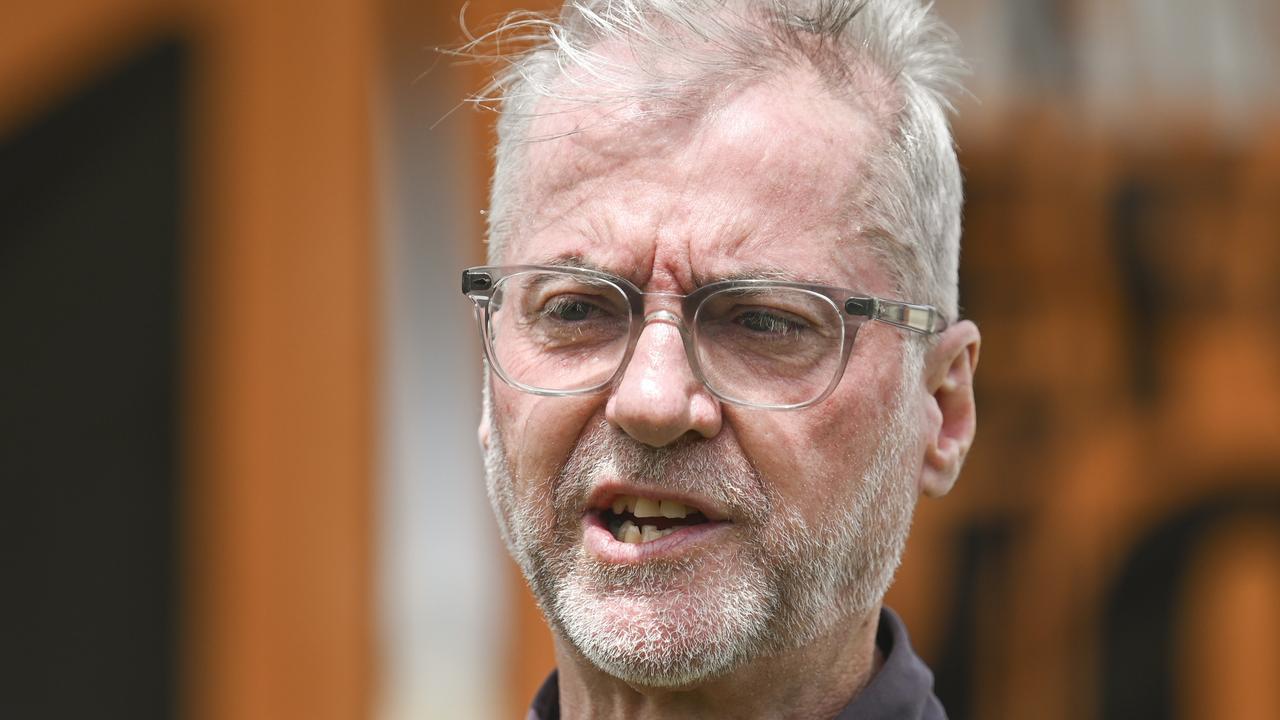
“(Amazon) did not disclose whether you take any steps to mitigate the presence of private information,” Senator Sheldon said.
“A lot” of information about Amazon’s AI transparency was available on its websites, Ms Foster said.
Ms Foster stopped short of agreeing AI transparency needed to be regulated but said there needed to be an “industry standard”.
“Well there is a Stanford industry standard and you’re failing to meet it,” Senator Sheldon said.
Ms Foster said that was an academic standard and not an industry standard.
“Oh an independent view rather than an Amazon view. All right. Yep,” the senator replied.
Senator Lisa Darmanin raised the €320m fine Amazon was issued in France for excessive and illegal surveillance of its warehouse workers that tracked every interruption and how quickly workers scanned items.

Mr Levey said Amazon “strongly disagrees” with the French regulator’s “factually incorrect” conclusions. Amazon has filed an appeal.
“The types of warehouse management system that we use are industry standard. It’s how we efficiently move products through our fulfilment network to reach customers,” Mr Levey said
Amazon’s warehouse systems “ensured safety” for staff, he said.
There was no AI monitoring of Amazon employees in Australia, Mr Levey said.
Amazon workers in Missouri have filed an unfair labour suit over worker monitoring and anti-union practices. Mr Levey said “we don’t in anyway surveil or monitor union activities in our Australian facilities”.
INTENSIVE COMPUTATION
Google staff have told the committee the huge computing power needed to power artificial intelligence has driven up emissions considerably.
The tech giant ostensibly aims to be net-zero by 2030, but its emissions have spiked 49 per cent since 2019 because of AI.
Google’s Australia and New Zealand government affairs and public policy director, Lucinda Longcroft, said the company was “on track” to reach its “ambitious” 2030 target.
The company’s emissions rose because AI was an “intensive computation method”, she said.
But AI was being used to meet the emissions reductions targets, including eco-efficient routing in Google Maps taking the equivalent of 500,000 “fuelled cars” off the road, she said.

Senator Shoebridge noted Google’s language about its emissions reductions target has gone from “ambitious” to “extremely ambitious” and questioned exactly how much energy Google was using in expanding AI.
Ms Longcroft said she would get the exact answer to the committee, but “it is true that Google sets moonshots”.
“We invested over $45bn in R&D (research and development) last year as part of our commitment to meeting those moonshots.”
As an example of AI’s utility for addressing climate change, she cited the technology’s use for tracking fish on the Great Barrier Reef, and bushfire and flood prediction, the latter that was in use in 80 countries.
But AI-created content like “a giraffe running through a jungle eating a Vegemite sandwich” had “little” social utility but was energy intensive, Mr Shoebridge said.
“What that points to is the creativity and imagine that these tools unlock,” the Google executive said.
Pushed by Senator Shoebridge, Ms Longcroft said Google published its environmental impact reports.
As of 2023, Google was no longer procuring carbon-avoidance credits, she said.
‘YOU’RE NOT ON TRACK’
Microsoft’s 29 per cent increase in emissions this year is almost entirely because of AI, the inquiry heard.
“This is one of the fundamental issues we will need to resolve as an industry,” Microsoft Australia vice president Steven Worrall told the committee.
Microsoft was “on track” to be carbon-neutral by 2030, he said.
“You’re not on track,” Mr Shoebridge contended, and the Microsoft boss changed his position, to say Microsoft “remains committed” to net-zero by 2030.
All of Microsoft data centres will run on renewables by 2025, Mr Worrall.
A simple query on ChatGPT took the same amount of energy as 10 standard searches, or running a light bulb for 20 minutes, Mr Shoebridge told the committee, which Microsoft was unable to validate.
Mr Worrall said AI posed challenges but also the potential to address those hurdles.
Originally published as Amazon murky on how many Alexa voice recordings are stored



